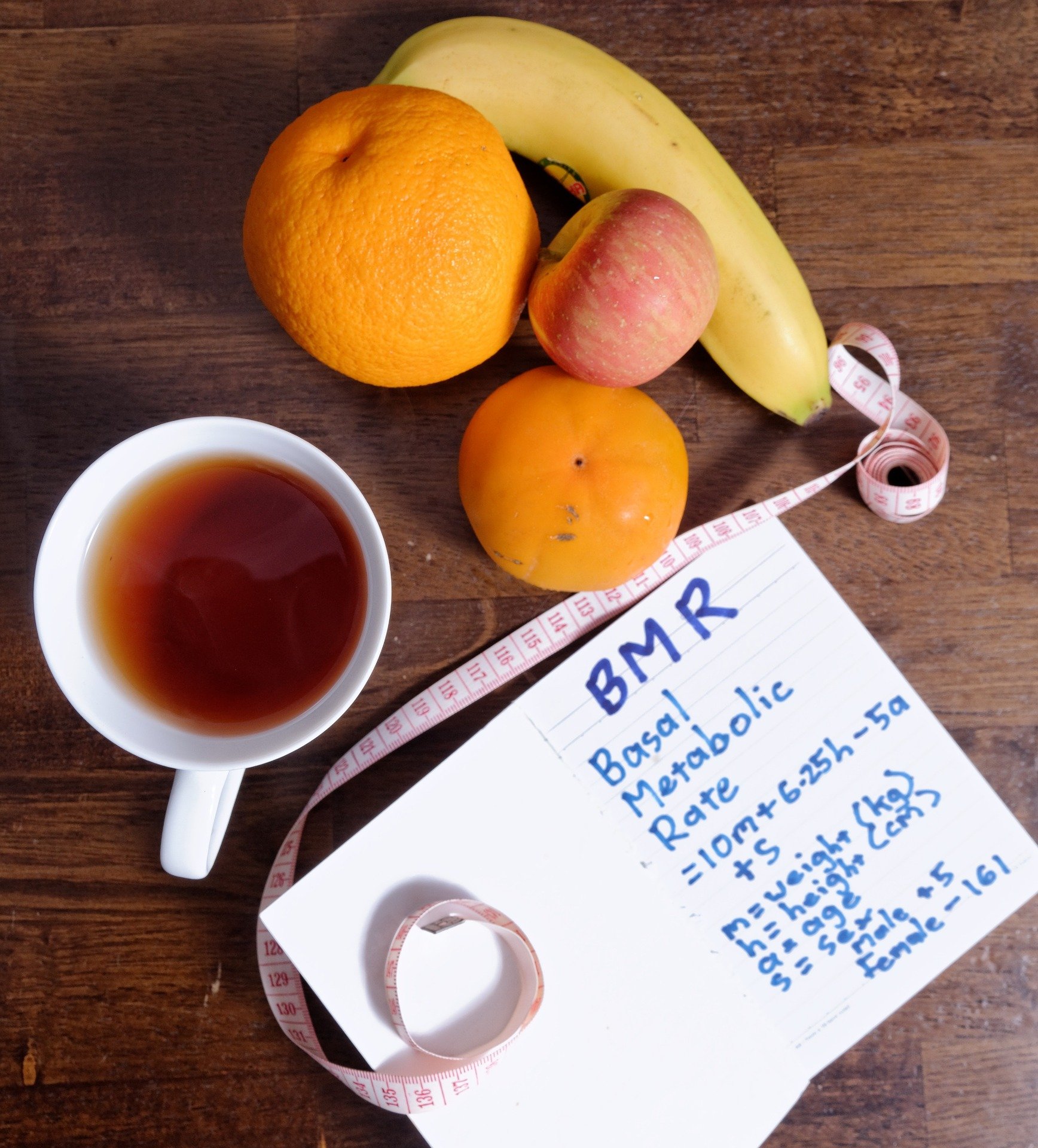Exercise and Eating Compensation
Why you need to eat more when you exercise, and why you don’t need to eat less if you don’t exercise.
by Maura Donovan, MS, RD, LDN, CPT
As much as we might like to think our metabolism is as simple as “energy in, energy out”, there is so much more to it than that. Metabolism, in its simplest form is the process in which our body converts nutrients to energy. This can then be broken down further into:
Basal Metabolic Rate (BMR)
Thermic Effect of Food
Non-Exercise Energy Expenditure
Thermoregulation
Physical Activity
Let’s take a look at these a little deeper:
BMR is the number of calories your body utilizes to perform basic life functions such as breathing, thinking, and keeping your heart beating. This accounts for about 65-75% of the energy we use on a daily basis and is largely dependent on genetics, age, sex, and the environment we live in.
Thermic effect of food is the subsequent increase in metabolism after we eat. That’s right, your metabolism will increase every time you eat. This is due to the fact that the body needs to digest, absorb, and store (or use) the nutrients you just ate. The thermic effect of food will account for about 10% of energy used on a daily basis.
Non-exercise energy expenditure (NEAT) is the unplanned activity that occurs throughout the day. This could be anything from walking the dog, to doing chores, to fidgeting at your desk. NEAT accounts for about 15% of the energy used on a daily basis, and is dependent on genetics, job of choice, and where we live.
It is worth mentioning that thermoregulation is a part of our energy metabolism. Thermoregulation is the energy our body uses to keep us at an appropriate temperature (usually around 98 degrees Fahrenheit). That means, in the winter our body uses more energy to keep us warm than it would if it was summertime. Thermoregulation does not play as big of a part as other components, largely because of modern technology allowing us to have heat in homes and clothing that can protect us.
Physical activity is any planned activity such as strength training, running, hiking, skiing, playing a team sport, or taking a group fitness class. In truth, planned exercise accounts for about 5% of our overall energy expenditure on a daily basis. Which is why it is important to note that when we exercise, our bodies will need more food, but when we do not exercise our bodies generally do not need less food. Our bodies are working hard on a daily basis just to keep us alive and functioning, and they require food and nutrients no matter how much you moved (or did not move) your body that day.
So what does all of this mean for your own eating plan? Overall, on days you are participating in exercise, work to increase portions in main meals or have 1-2 extra snacks throughout the day in order to account for energy expended. On days you are not participating in exercise, aim to focus on trying to intuitively eat. Focus on consuming enough protein and fiber-rich complex carbohydrates in order to maximize nutrient stores.
Have more questions about how to fuel your body? Please don’t hesitate to reach out – we would love to work with you!
Resources


